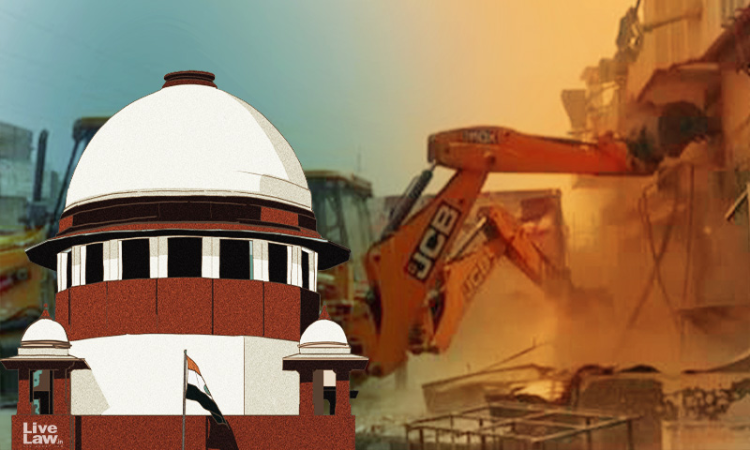 |
|
The Supreme Court of India has delivered a significant ruling against the Uttar Pradesh government, highlighting the importance of due process and upholding fundamental rights. The court deemed the demolition of residential houses in Maharajganj district for a road widening project as illegal and unwarranted, criticizing the authorities for their high-handed approach. The case stemmed from a suo motu writ petition filed in 2020, based on a complaint by Manoj Tibrewal Aakash, whose house was demolished in 2019. The court, presided over by Chief Justice of India DY Chandrachud, Justice JB Pardiwala, and Justice Manoj Misra, expressed deep concern over the lack of notice and due process followed during the demolition process.
The court found that the authorities had failed to provide adequate notice to the affected residents before demolishing their homes. The only notification received by the residents was through public announcements, which the court deemed insufficient. Justice Pardiwala emphasized the need for proper notice and time for families to vacate their homes, highlighting the disruption caused by the immediate demolitions. The court also pointed out that the demolition had been carried out beyond the alleged encroachment, further emphasizing the arbitrary and illegal nature of the actions taken by the authorities.
Based on the evidence presented, the court concluded that the demolition was completely high-handed and without legal authority. The State government failed to provide sufficient justification for the demolitions, including the precise extent of encroachment, the width of the existing road, and the acquired land for the road widening project. The court also noted that the authorities had not conducted a proper enquiry to demarcate the encroachments before the demolition. The court acknowledged the possibility of the demolition being a reprisal for a report published by the petitioner in a local newspaper regarding the authorities' wrongdoings. However, the court did not explicitly comment on this allegation.
As a result of the findings, the Supreme Court ordered the Uttar Pradesh government to pay a punitive compensation of Rs 25 lakhs to the petitioner. This interim compensation is meant to provide immediate relief to the petitioner and does not preclude him from pursuing further legal action for compensation. The court also directed the Chief Secretary of Uttar Pradesh to conduct an inquiry against all officers and contractors involved in the illegal demolitions and initiate disciplinary action against them. Furthermore, the state government is at liberty to initiate criminal action against those responsible for the illegal actions.
The Supreme Court's judgment carries significant weight beyond the specific case. The court's emphasis on following due process and ensuring fairness during land acquisition and development projects serves as a powerful reminder of the importance of upholding fundamental rights. The court's directive to circulate the judgment to all states and union territories underscores its intention to ensure that the principles of due process and fair treatment are upheld in all future development projects. The judgment serves as a cautionary tale against high-handed actions by authorities, underscoring the importance of following legal procedures and safeguarding the rights of citizens during development initiatives.
